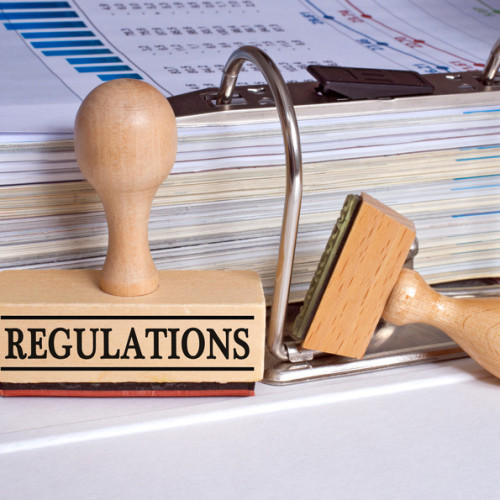
The use of algae biomass in foods is a growing market in Europe. On February 2024,a list of more than 20 new algae species has been added to the Novel Food catalogue. When there is the evidence of a traditional use of algae in any EU Member State before 15 May 1997, their use as foods and food supplements is not considered as novel and is not subject to a long and costly pre-market approval procedure according to the Novel Food Regulation. A list of around 50 algae species considered as not novel is now available in the EU Novel Food catalogue.

On March 1, 2024, the Food and Drug Administration (FDA) issued a letter of enforcement discretion stating that it does not intend to object to the use of qualified health claims relating to the yogurt consumption and the reduction of type 2 diabetes risk.

On September 19th 2022, the DGCCRF published the results of its survey on nutrition and health claims on food supplements performed on internet market places on 2020. The DGCCRF makes the following observation, “regulations on Nutrition and health claims that are still too often overlooked”.

On 28 June 2022, a webinar information session was held to present the recently published EFSA “Statement on safety of cannabidiol as a novel food: data gaps and uncertainties” to stakeholders.

The conditions of use of the ingredient are now set by Regulation (EU) 2022/860.

The EFSA published on May 2022 an article related to the project “Microbiota analysis for risk assessment: evaluation of hazardous dietary substances and its potential role on the gut microbiome variability and dysbiosis in a special issue dedicated to the European Food Risk assessment (EU-FOR A) program.

A series of articles of the French Anti-Waste Law for a Circular Economy (“AGEC” Law) come into force in 2022; some of them have a direct impact on the agri-food sector.

Besides the presence of the common views listed in Part 1, it is also possible to identify certain elements that are specific to, and characteristic of, each country.

The “Brexit” issue, meaning the withdrawal of the United Kingdom (UK) from the European Union (EU), started taking shape in 2016, after

Italians are quite accustomed to the idea of consuming microorganisms to accomplish several beneficial goals. They have been doing it for years,